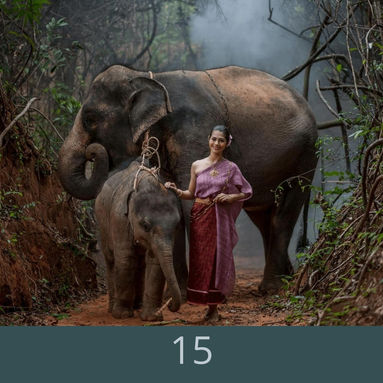CONSULTANCY, ADVISORY AND SOLUTIONS IN SUSTAINABILITY, ENVIRONMENT AND GREEN ENERGY

What Is Sustainable Development?
2030 AGENDA AND SDGs
The 2030 Agenda is a broad and ambitious agenda that addresses various dimensions of sustainable development (socio, economic, environmental) and that promotes peace, justice and effective institutions.
The Sustainable Development Goals are based on the progress and lessons learned with the 8 Millennium Development Goals, established between 2000 and 2015, and are the result of the joint work of governments and citizens around the world.
The 2030 Agenda and the 17 Sustainable Development Goals are the common vision for Humanity, a contract between world leaders and people and “ a to-do list in the name of people and the planet ”.

17 GOALS AND 169 GOALS FOR A BETTER WORLD
Click on the images to know the goals of each Sustainable Development Goal

The United Nations Sustainable Development Summit: 17 Goals to Transform Our World
PORTUGAL AND THE SDGs
Portugal has signed the commitments of the 2030 Agenda for Sustainable Development and, as a Member State of the European Union, it also implements the European commitments in this matter, having materialized in SDGs 4, 5, 9, 10, 13 and 14 its strategic priorities in the implementation of the 2030 Agenda for Sustainable Development.

UN NEWS
SELECTION OF VIDEOS FROM THE OFFICIAL UN CHANNEL ON YOUTUBE
Last update: 07/26/2022


































